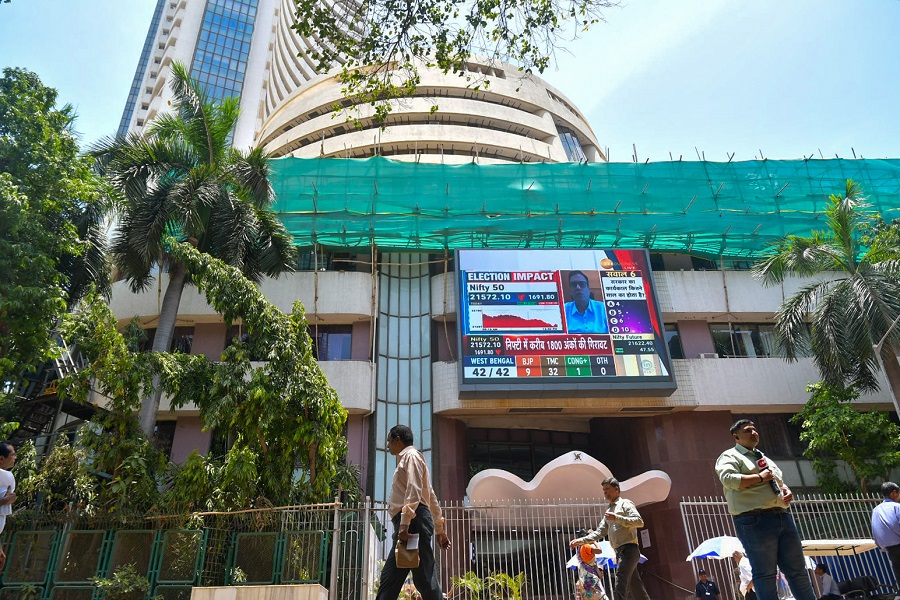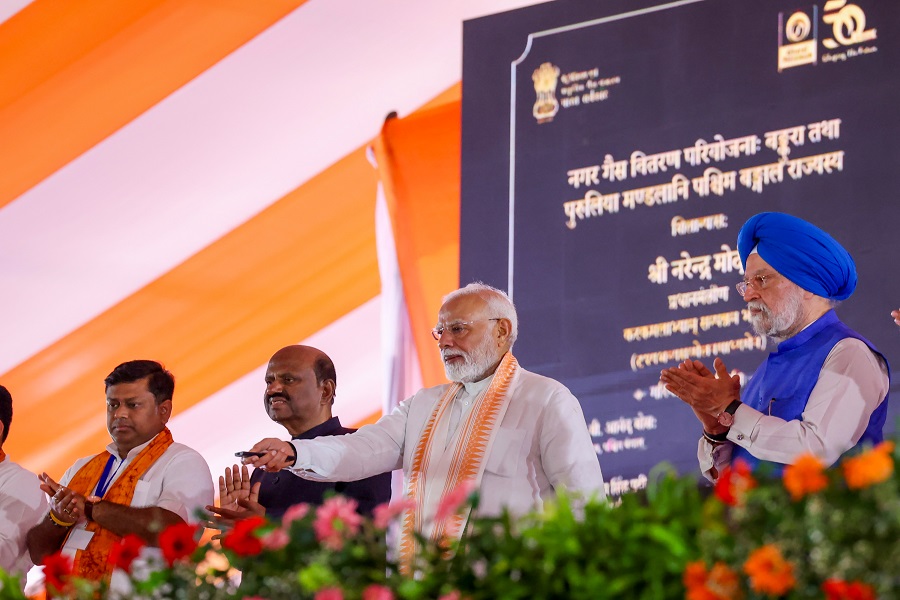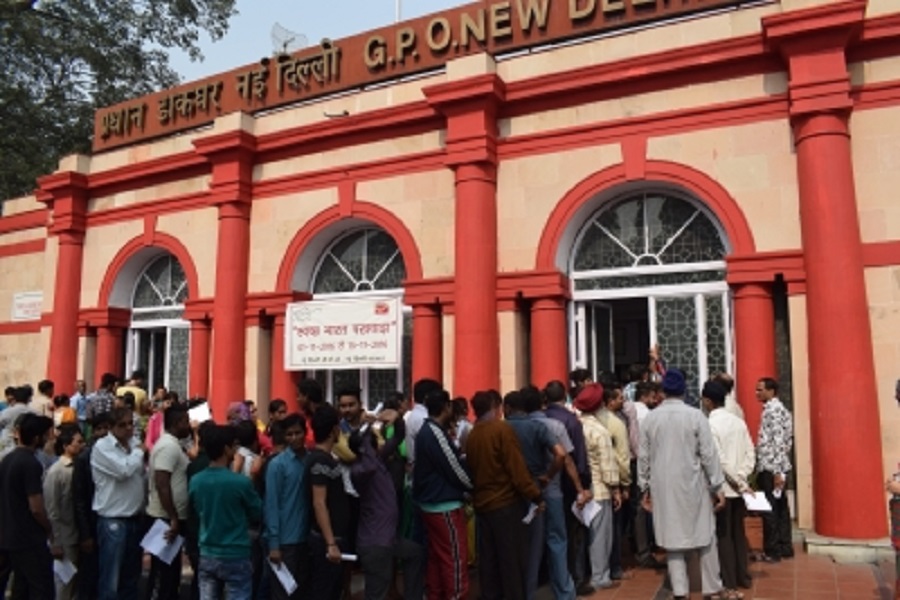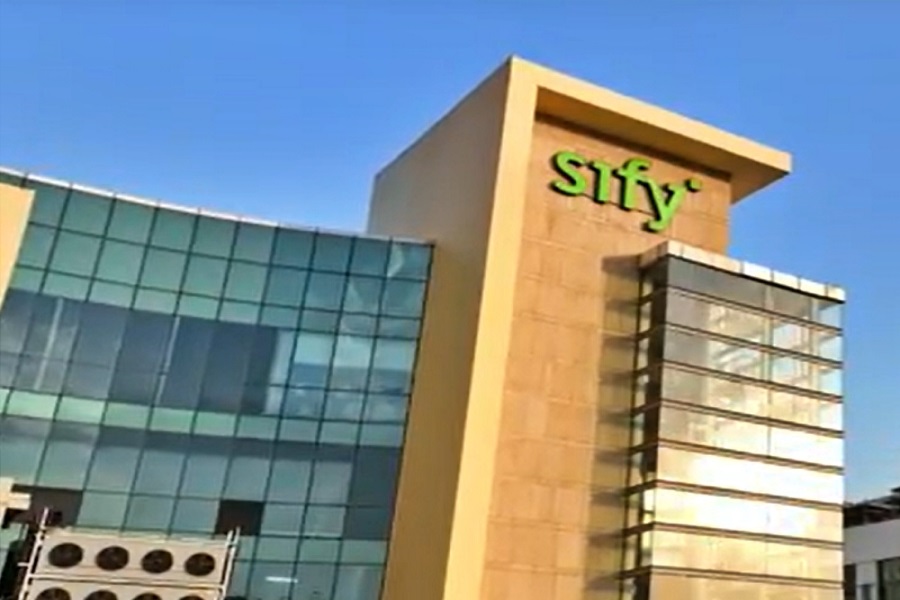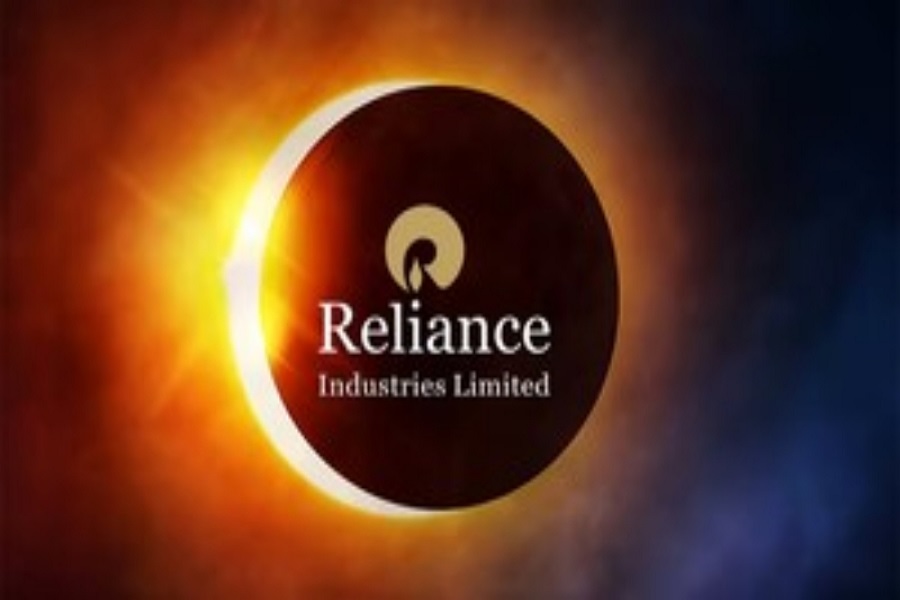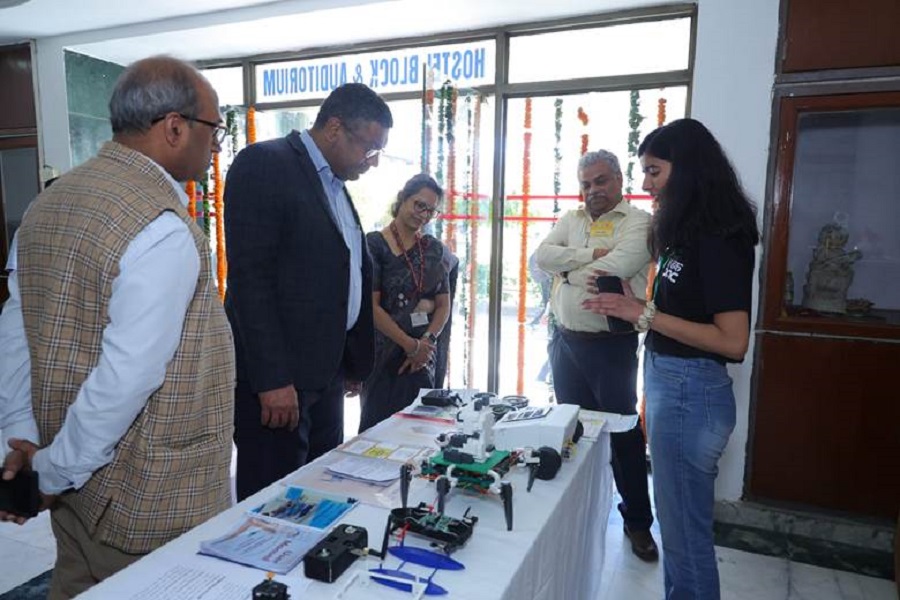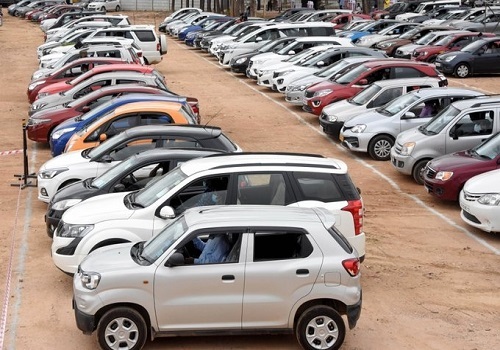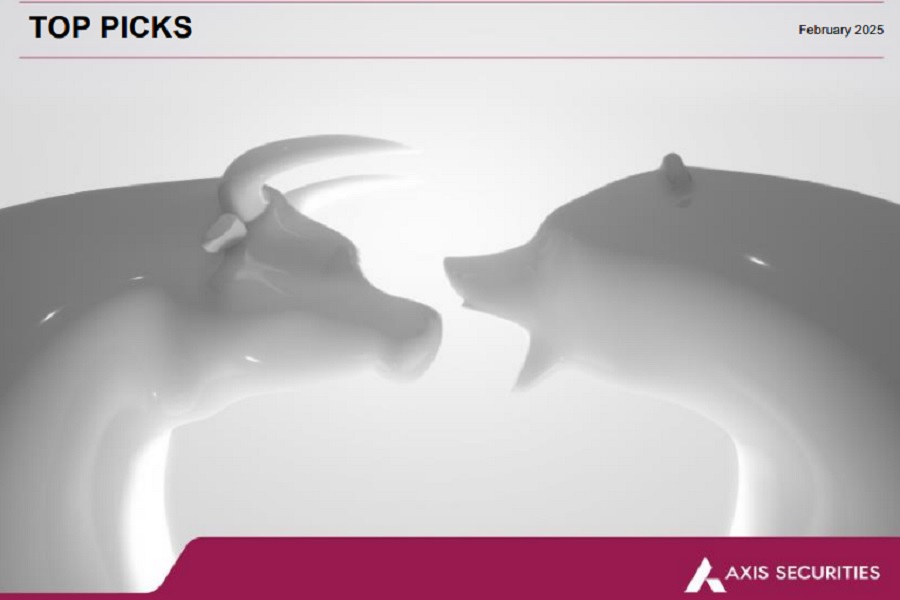Oil and Gas Sector Update : Unified tariff finalized; major CGDs, GAIL petchem-LPG to see rising costs by Emkay Global Financial Services

Post the approval of GAIL’s integrated tariff, PNGRB has finalized the unified natural gas pipeline tariff (UFT), which will be implemented from April 1, 2023. PNGRB has updated the earlier industry committee’s computation (excel) by incorporating GAIL’s revised integrated tariff for eight zones and has come up with a levelized rate of Rs73.93/mmbtu GCV (including GST) with zonal apportionment being Zone 1 (up to 300km) at Rs39.45/mmbtu, Zone 2 (300-1,200km) at Rs74.97/mmbtu and Zone 3 (>1,200km) at Rs99.90/mmbtu.
The UFT comprises GAIL’s integrated network and KG Basin, GSPL grid (HP-LP and JV lines), Pipeline Infra’s EWPL, IOCL’s Dadri-Panipat, ONGC’s Uran Trombay, RIL’s Shahdol Phulpur, and Gujarat Gas’ Hazira Ankleshwar lines. Principally, UFT will be revenue neutral for pipeline companies, with a settlement mechanism that adjusts for under-over recovery (with minimal GST effect of Rs0.19/mmbtu). However, for consumers, rates will differ as tariff would increase for more-local customers while decreasing for far-flung consumers.
Within our coverage universe, as per our rough-cut calculation, CGDs would see an increase in delivered gas costs, requiring Rs1-2/kg of equivalent CNG RSP hikes (companies have indicated that the same would be passed on while adjusting for any decline in gas prices as a result of Kirit Parikh Panel’s (KPP) recommendations being approved). We estimate a Rs2.5bn annual PBT impact for GAIL in the petchem and LPG & LHC segments (GAIL had earlier indicated Rs3bn from integrated tariff hike). Overall, UFT would be earnings neutral for pipeline players while raising costs for major CGDs and GAIL’s petchem-LPG segments.
We note that media reports have quoted government officials that Cabinet approval for KPP’s recommendations may not come by March 31, 2023, in which case, the existing formula could result in a hike in domestic gas price to ~USD10/mmbtu. However, it is cited as a procedural delay and eventually the recommendations should be accepted with new lower gas price being implemented retrospectively from April 1, 2023. We maintain our BUY rating on IGL, while we reiterate HOLD on GAIL and Gujarat Gas (cautious stance due to propane-led concerns).
PNGRB has allocated zone-wise UFT among pipeline companies, based on a predefined ratio (driven by settlement mechanism) of the applicable UFT. The industry committee has identified 32 unique tariff paths along with entity-wise revenue entitlement ratios for the same, with an objective of minimizing settlement quantum among pipeline companies (mainly GAIL, GSPL and PIL, with a combined transmission volume share of >90%). The order also states that PNGRB has the option to modify the same after six months besides the periodic revision of the unified tariff, after considering comments/suggestions from stakeholders. We observe that UFT would increase costs for major gas consumers in our coverage universe mainly because of hike in GAIL’s integrated tariff and postalization. Zone 2, where north Indian gas players like IGL and GAIL Pata Petchem are located, is almost twice that of Zone 1 UFT. For Gujarat Gas, Zone 2 (above 300km) within Gujarat poses a concern, even though the state has multiple sourcing points, as it would increase tariff from an otherwise ~Rs35/mmbtu to almost Rs75/mmbtu. Post UFT, PNGRB may now take up GSPL’s pending tariff review.
To Read Complete Report & Disclaimer Click Here
For More Emkay Global Financial Services Ltd Disclaimer http://www.emkayglobal.com/Uploads/disclaimer.pdf & SEBI Registration number is INH000000354
Above views are of the author and not of the website kindly read disclaimer




